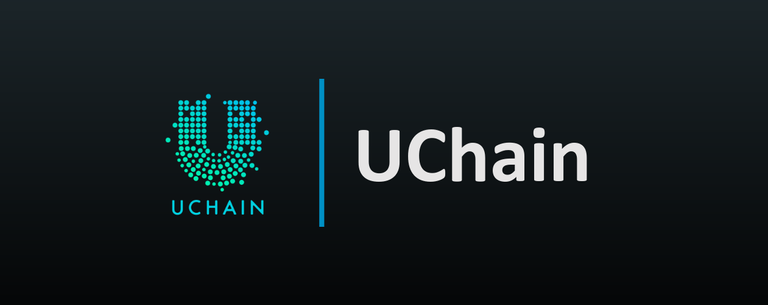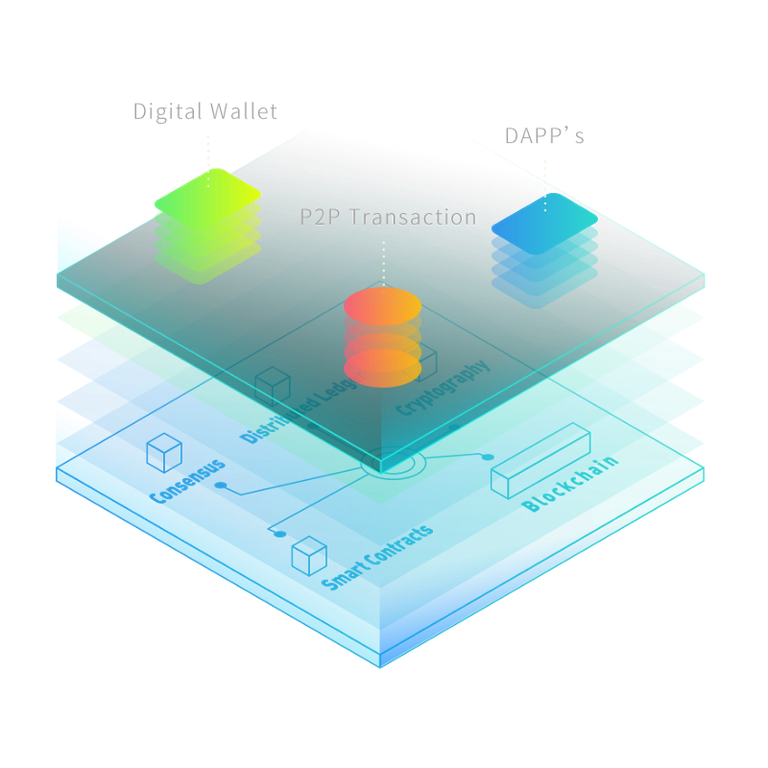Part 1: Introduction and use cases

In a loop, the sharing economy is characteristically a democratic marketplace that enables peer to peer exchange of goods and services, often backed by an online community platform. There are three aspects that define the sharing economy. The first aspect is enabling an individual to monetize or use an underutilized asset or service on the seller's end in a way that improves efficiency and builds community. The second aspect is that it allows a buyer to conveniently rent or borrow a good or service that is required from time to time without having to acquire ownership. The buyer will, therefore, earn potentially savings in the process. Lastly, a sharing economy has an aspect of collaborative consumption, which means buyers can also be sellers and vice versa.

You don't have to own a bike to enjoy a ride. A PricewaterhouseCoopers report shows that the “Sharing Economy” Could Reach $335 Billion by 2025
Many studies and existing market trends show that the sharing economy will gain a larger market share from the traditional centralized business models. Share economy has hugely disrupted the hospitality and transport industries and has the potential for a wider adoption in the retail market. The benefits and economic potential of share economies, best exemplified by Uber and Airbnb has inspired an evolution in the concept, with new market entrants finding ways to customize the model to fit their unique use cases and niche markets. This can be summarized in the infographic below

Criticism of the existing share economy
The main issue surrounding sharing economy has to be the difficulty in regulation, as most members of a shared economy may operate without official government licenses which allows them to charge lower prices thereby stealing the market from licensed sellers.
In the current sharing economy model, the pertinent issue is that of trust, seconded by dysfunctional modes of conflict resolution. Why would I lend my car to a complete stranger? What if they damage the car and refuse to pay? Why would I trust a complete stranger millions of miles away to deliver on time? These are the type of questions you are likely to ask yourself as a user of a sharing economy platform.
Let’s all agree, using a conventional sharing economy platform requires a leap of faith. A person’s online profile information may not check out in real life. To circumvent this hurdle, current platforms establish a trust/performance rating system within their platforms, but in a world where the world’s most powerful nation’s election can be influenced by fake social media accounts, faking trust ratings on an online platform can be relatively easy. The key point is that these systems lack tamper-proof records of the users' transaction and behavior history.
In a world that is rapidly going digital, driven by big data, inefficiencies in user data management and sharing or people profiling are a big drawback in sharing economy. There are varied concerns about misuse of consumer data by uncouth merchants and potential risk of data leakage through shared economy platforms. This situation requires urgent remedying, Cambridge Analytica scandal serves as a good reminder of why we should adopt consumer data management best practices.
Lastly, the sharing economy is heavily fragmented. Users are forced to leap across multiple platforms touting different products and services. This situation makes it difficult to manage user credentials and payment options across different platforms with different settings and applications. For that reason, there is a need for a universal language to unify the sharing economy.
THE UCHAIN PLATFORM
Uchain is the Next Generation Distributed Smart Network blockchain for the Sharing Economy. Uchain aims to be a global autonomous sharing economy ecosystem, where users can exchange value and publish contents freely without intermediaries.
Unlike the modus operandi of highly successful sharing economy models like Uber where the structure does not equally distribute value generated by users,(the larger portions of the profits are retained by the intermediaries who run the platforms), Uchain’s platform will facilitate fair redistribution of value among all stakeholders by eliminating the need for an intermediary

The model of the Uchain platform
THE BLOCKCHAIN SOLUTION
Blockchain and share economy have the common aspect of being powered by “peer to peer” networks and can be integrated together to solve various real world problems. Uchain will leverage the power of blockchain technology to address the pain points of the existing sharing economy.
- As regards existing weaknesses of payment systems
By establishing a direct peer to peer transaction settlement between users and services providers, the Uchain network will cut down costs associated with intermediaries by an estimated 20%. Uchain has impressively incorporated the ability to partially freeze payments until proof of work is provided. Users will be able to transact with the Uchains native token UCN which will allow real-time payments, thereby reducing the risk and cost of transacting in the usual platforms.
The whole transaction process will be handled by smart contracts and
cross-chain hosting technology to ensure the authenticity, legality, and compliance
As regards the issue of trust
The blockchain establishes a tamper-proof history of transactions that is publicly verifiable. This provides a basis for Uchain to develop its verifiable system for user trust called a credit passport mechanism that is built into the platform. Essentially, the credit passport acts like a digital id and can be used by a service provider to verify a user and track his/her behavior within the platform. A good credit passport will enable a user to access a service from its provide without the need to pay a deposit.As regards the security of user data
Uchain will store user data such as user identity, services provided, transaction history and reviews on its blockchain. This data is stored and can be accessed from a distributed storage scheme with a private key. The data is only accessible to the owners and cannot be tampered with. Users and service providers will be able to sign in with their private key to modify their information, with all changes being traceable.
With the distributed storage scheme, data will be encrypted, split, shredded and scattered on different nodes. Retrieval of any single piece of data stored by a node will not be complete or readable. It ensures that if a single node is
compromised, it does not reveal full information.
Uchain stores data on the blockchain by recording addresses where the information can be retrieved from. Under a user’s authorization, Unchain will be able to modify the data through a smart contract. In the spirit of sharing economy, the platform enables users to approve requests from merchants to access their data which is crucial in customization of offers that improve user experience on the platform.
The authorization information such as access time and operation log, along with the user’s public key signature will be recorded on the blockchain, making all actions traceable, eliminating the possibility of data misappropriation.
Conclusion
There exists a considerable number of blockchain based peer to peer network platforms that offer to revolutionize the sharing economy; with many similarities in the services offered. This has created a wildly competitive market, with the consequential drawback that they are contributing further to the fragmentation of the sharing economy. However, with the market adoption of Uchain, it will be virtually possible to list any asset or service on a single platform with one dedicated cryptocurrency that allows buyers and sellers to transact globally.
I feel that Uchain’s data management model satisfactorily addresses the inherent weaknesses of existing platforms that allow exploitation of consumer data without their consent. In addition, the solution thoroughly covers the risks of accidental or deliberate cases of data leakage.
In the market segment, the vote of confidence in Uchain is primarily deduced from their existing strategic partnerships, which ensures a ready market to fast-track the adoption of its platform. Their outstanding partnership is with U-bicycle, which with other partnerships combined, provides a ready market of over 100 million users. This will provide Uchain with a steady market base to launch a successful worldwide market adoption campaign.
Important links
You can join the discussion on the official Uchain telegram group or visit their website to learn more about Uchain, the next generation sharing economy platform on blockchain.
Telegram link https://t.me/UchainEcosystem
Website link https://uchain.world